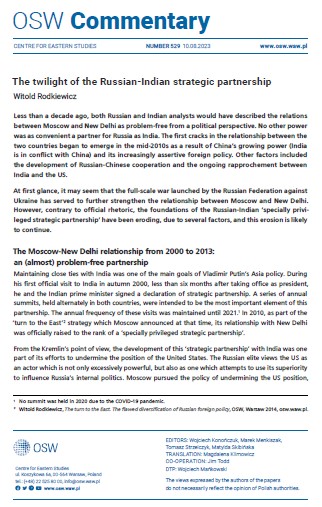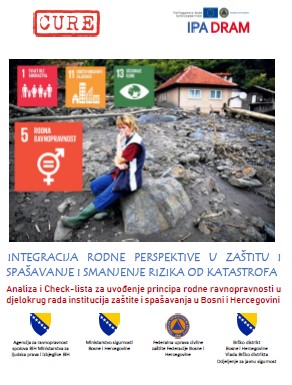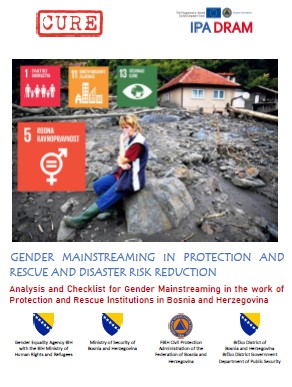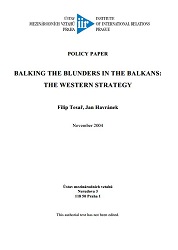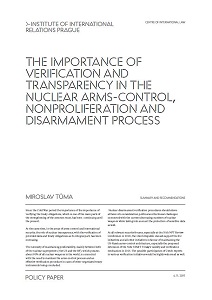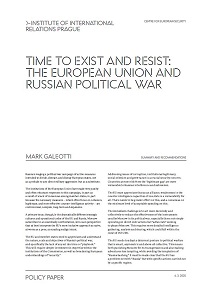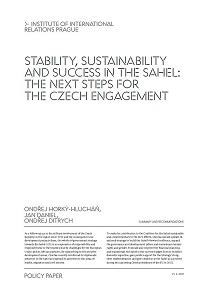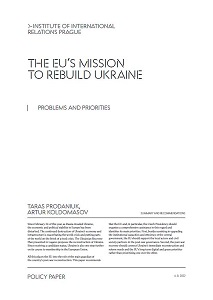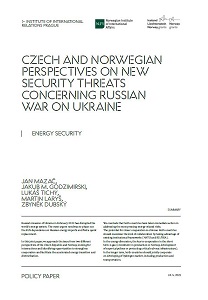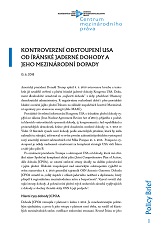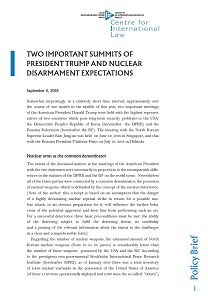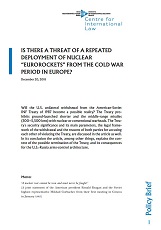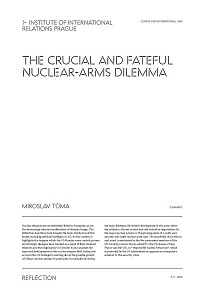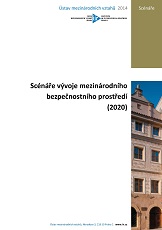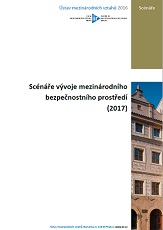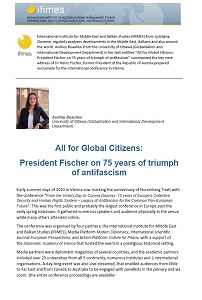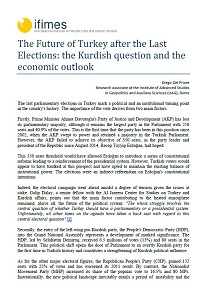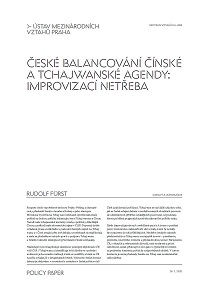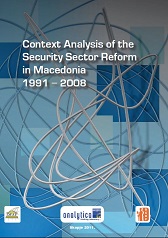
Context Analysis of the Security Sector Reform in Macedonia 1991 – 2008
This paper looks at the general political and security sector context in the last two decades since Macedonian independence, and traces the major trends and events that shaped the political developments and progress with security sector reforms in post-communist Macedonia. For the purpose of this paper, the analysis of the post-communist transition period is divided in three parts, corresponding to the three periods on which we divided the context since 1991, for the sake of greater clarity and analytical coherence. For each of these three periods, we conducted an analysis of major political developments as well as institutional change. Based on this analysis, each period is qualified as characterised by a specific nature, whether post-authoritarian, conflict, postconflict, or integrationist. In the Annex attached to this paper, a short overview of the key political actors and their role in the security sector reforms and the political transition in Macedonia is offered. The first period analyzed is the period from the declaration of independence from Yugoslavia, in 1991 until the ethnic conflict in 2001. These years mark the first decade of independent statehood and democratic politics in Macedonia. The second period stretches from the ethnic conflict in 2001 until the NATO Summit in Bucharest in early 2008. The 2001 conflict had a profound impact on the political and security context in Macedonia. It produced inter-ethnic violence and culminated in a far-reaching reform of the constitutional and institutional set-up of Macedonian democracy.
More...
